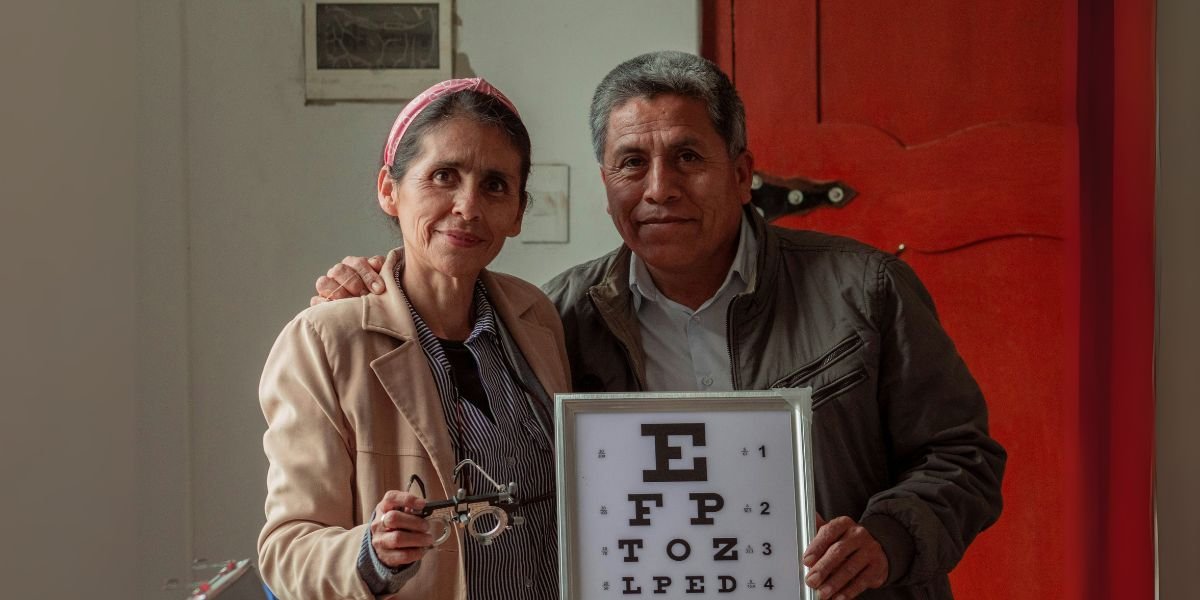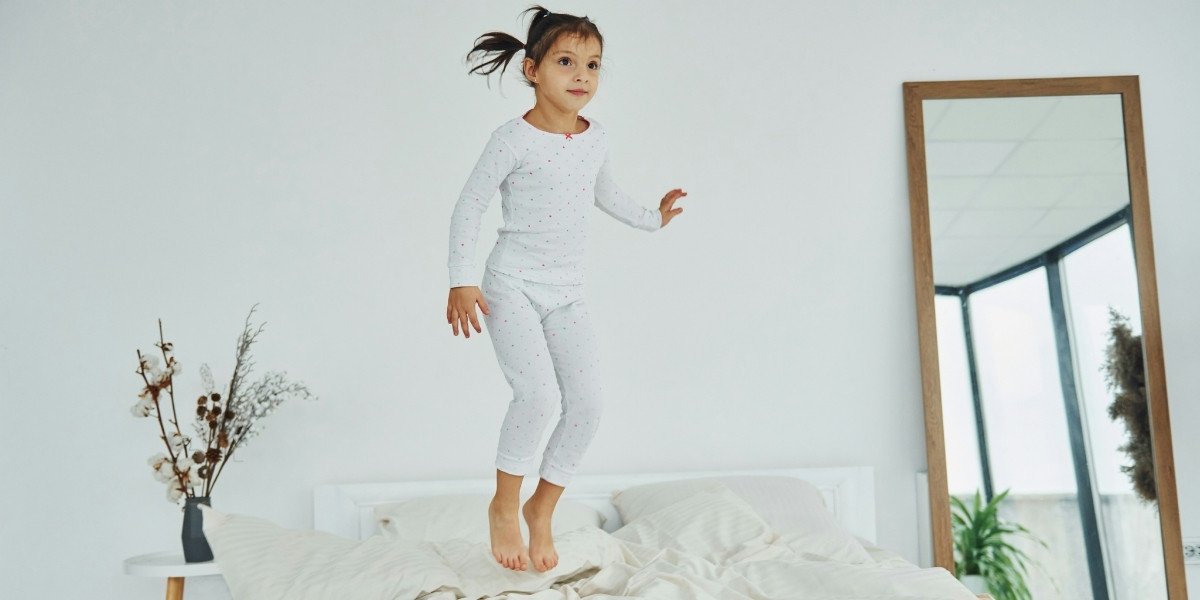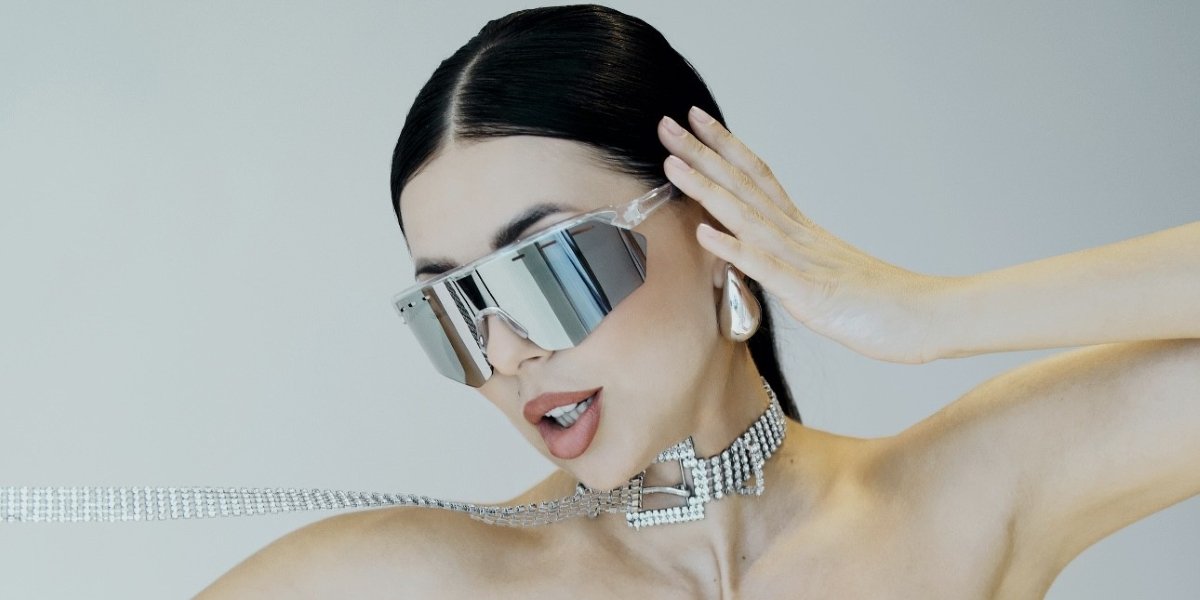In an increasingly digital world, concerns about the potential health effects of blue light exposure have led to the rise in popularity of blue light blocking glasses. These specialized glasses are designed to filter out or reduce the amount of blue light emitted by electronic devices such as computers, smartphones, and tablets. But how effective are blue light blocking glasses in protecting our eyes and overall well-being? This article delves into the science behind blue light, the purported benefits of blue light blocking glasses, and their effectiveness in mitigating potential risks.
Understanding Blue Light
Blue light is a high-energy, short-wavelength light that is emitted by various sources, including the sun, LED screens, and fluorescent lighting. While blue light is essential for regulating our sleep-wake cycle and boosting mood and alertness during the day, excessive exposure to blue light, particularly from digital devices, has raised concerns about its potential negative effects on eye health and sleep quality. Blue light has been linked to digital eye strain, sleep disturbances, and long-term risks such as macular degeneration.
The Benefits of Blue Light Blocking Glasses
Blue light blocking glasses are designed to address these concerns by filtering out a portion of blue light emitted by electronic devices, thus reducing eye strain and potentially improving sleep quality. By blocking or absorbing blue light, these glasses aim to minimize the impact of digital screen exposure on our eyes and circadian rhythm. Additionally, some proponents claim that blue light blocking glasses may help alleviate symptoms of migraines, headaches, and dry eyes associated with prolonged screen time.
Effectiveness and Scientific Evidence
While the concept of blue light blocking glasses seems promising, scientific evidence supporting their effectiveness remains limited and inconclusive. Some studies have suggested that wearing blue light blocking glasses may lead to improvements in subjective measures of eye comfort and sleep quality among individuals who regularly use digital devices before bedtime. However, other studies have failed to demonstrate significant benefits of blue light blocking glasses compared to placebo or control conditions.
Factors to Consider
Several factors may influence the effectiveness of blue light blocking glasses, including the specific wavelength of blue light filtered, the intensity and duration of exposure to digital screens, and individual differences in eye physiology and sleep patterns. Additionally, the design and quality of blue light blocking glasses can vary widely, with some products offering superior protection and comfort compared to others. It is essential for consumers to research and select blue light blocking glasses that meet their specific needs and preferences.
Takeaway
Blue light blocking glasses have emerged as a popular solution for addressing concerns about digital eye strain and sleep disturbances associated with excessive screen time. While these glasses may offer some benefits in reducing eye strain and improving sleep quality for certain individuals, scientific evidence supporting their effectiveness remains limited. As research in this area continues to evolve, it is essential to approach the use of blue light blocking glasses with caution and skepticism, considering factors such as individual needs, product quality, and the potential risks and benefits. Ultimately, maintaining a healthy balance of screen time, practicing good eye care habits, and seeking professional advice when needed are essential for protecting our eye health and well-being in the digital age.








